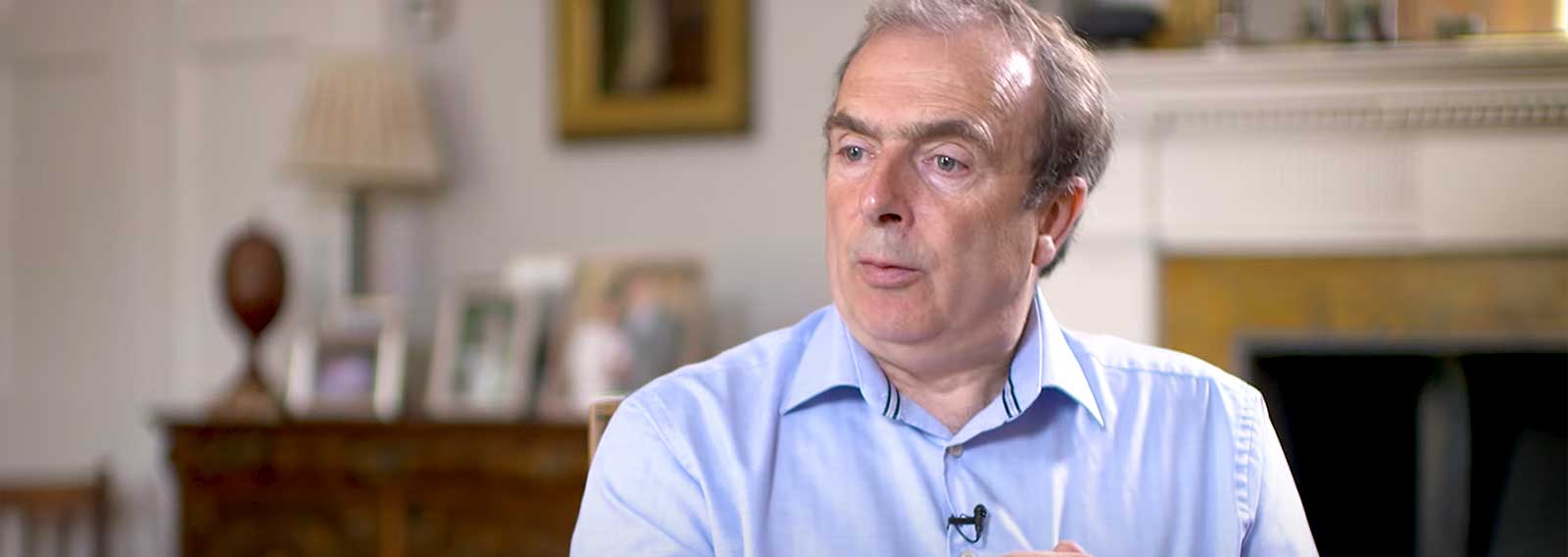British journalist Peter Hitchens has warned the decline of Christianity in the West is transforming societies by undermining trust and the rule of law over power.
Speaking to John Anderson, the Former Deputy Prime Minister of Australia, Hitchens explained that the two material consequences of Christianity in society are trust, “which almost all serious activities are based,” and the rule of law over power.
“How can anyone accept that laws should be more authoritative than temporal power unless they believe it has some sort of divine origin?” he asked.
Hitchens warned that as Christianity departs from the Western world, so too must the positive consequences of Christian influence. As a result, societies will no longer be able to operate the same way.
We’re already seeing the beginning of the collapse.
Hitchens explains:
“You can’t expect this kind of cultural earthquake to happen and for it to not have an effect. The amazing thing is that it’s taken so long, but the wave has finally struck the beach and people are seeing it. The two great consequences, the two material consequences of Christianity for the societies in which it’s been proven are trust, on which almost all serious activities must be based, and the rule of law over power. How can anyone accept that laws should be more authoritative than temporal power unless they believe it has some sort of divine origin. Once that goes, it goes. So, these things are departing from among us while we continue to live in highly advanced, physically and technically advanced civilizations where those advances are ultimately based on trust and the rule of law. In the end, as they depart, those societies will cease to operate as they have done.”
Hitchens has previously warned that Christianity is the only reliable force restraining those who seek absolute power over the people.
In his book The Rage Against God, Hitchens noted that the current assault on God in the West is not necessarily a war on religion, but is a specific and targeted attack on Christianity.
Consequently, this hostility towards Christianity has resulted in the emergence of a new and intolerant utopianism that seeks to strip the laws and constitutions of Europe and North America of the remaining traces of Christianity.
This “utopianism,” born in the 1960s cultural revolution, today claims to operate in the cause of “personal liberation,” and rages against any suggestion that carnal urges ought to be restrained by moral limits or have any necessary connection with procreation.
Hitchens explains:
“This utopianism relies for human goodness on doctrines of human rights derived from human desires and—like all such codes—full of conflicts between the differing rights of different groups. These must then be policed by an ever more powerful state. A new elite, wealthy and comfortable beyond the fantasies of any previous generation, abandons penal codes (especially against the possession of narcotics) and abolishes marital fidelity so as to license its own comfortable, padded indulgence, and it, therefore, permits the same freedoms to the poor, who suffer far more from this dangerous liberty than do the rich.”
The last stronghold of this change are the Christian churches, Hitchens’ said, which have sadly been infiltrated by secular liberalism. Hitchens warns the change has already impacted much of our society:
“The overthrow of Christian education is a real possibility in our generation. The removal of Christianity from broadcasting and public ceremonies is almost complete. Expressions of Christian opinion or prayer in public premises can be punished in Britain under new codes that enjoin a post-Christian code of ‘equality and diversity’ on all public servants.”
According to Hitchens, there is only one reliable force standing in the way of the power of the strong over the weak. There is only one reliable force that forms the foundation of the concept of the rule of law. There is only one reliable force restraining the hand of the man of power.
“In an age of power-worship, the Christian religion has become the principal obstacle to the desire of earthly utopians for absolute power,” he said.
If Christianity goes, so do the civilizations upon which it was built.
As T.S. Elliot once put it:
It is in Christianity that our arts have developed; it is in Christianity that the laws of Europe—until recently—have been rooted. It is against a background of Christianity that all of our thought has significance.
An individual European may not believe that the Christian faith is true, and yet what he says, and makes, and does will all spring out of his heritage of Christian culture and depend upon that culture for its meaning…
I do not believe that culture of Europe could survive the complete disappearance of the Christian faith. And I am convinced of that, not merely because I am a Christian myself, but as a student of social biology. If Christianity goes, the whole culture goes.






















